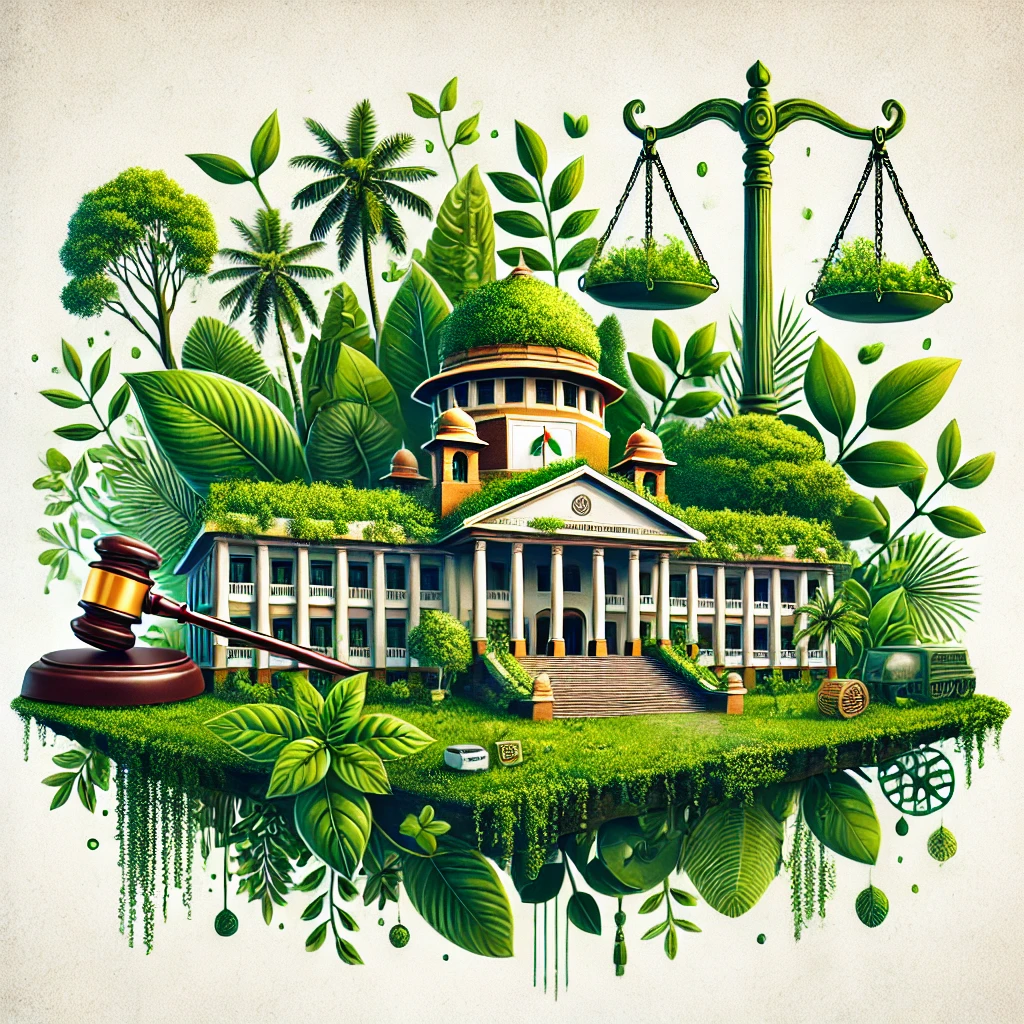Brundtland Commission and Brundtland Report [‘Our Common Future’]
🌍 Brundtland Commission and Brundtland Report (‘Our Common Future’)
1. Brundtland Commission
Official Name: World Commission on Environment and Development (WCED)
Established: 1983 by the United Nations
Chairperson: Gro Harlem Brundtland, then Prime Minister of Norway
Purpose: To address growing concerns about environmental degradation and sustainable development globally.
2. Brundtland Report (‘Our Common Future’)
Published: 1987
Full Title: Our Common Future
Significance:
The report popularized the concept of Sustainable Development and provided a global framework for addressing environmental and developmental challenges.
3. Key Definitions
Sustainable Development:
“Development that meets the needs of the present without compromising the ability of future generations to meet their own needs.”
4. Main Themes of the Report
Interdependence of Environment and Development:
Environmental protection and economic development must go hand in hand.
Equity:
Addressing poverty and inequality is essential for sustainability.
Global Cooperation:
Environmental problems are global and require international collaboration.
Long-Term Perspective:
Policies must consider future impacts, not just immediate gains.
5. Recommendations
Integrate environmental concerns into economic planning and decision-making.
Promote renewable energy and efficient resource use.
Strengthen national institutions for environmental management.
Foster international agreements on environmental protection.
Encourage public participation and raise awareness.
6. Legacy and Impact
The report laid the foundation for the 1992 Earth Summit (Rio Conference).
Influenced subsequent international treaties like the Kyoto Protocol and the Paris Agreement.
Continues to be a key reference for global sustainable development policies.
Do write to us if you need any further assistance.












comments